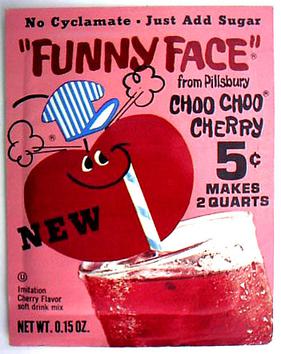Sodium cyclamate facts for kids
Sodium cyclamate is a type of artificial sweetener. This means it's a chemical that tastes sweet but isn't sugar. It's much sweeter than regular sugar, about 30 to 50 times more!
Even though some other artificial sweeteners are even sweeter, people often use sodium cyclamate because its taste is very similar to real sugar.
Contents
What is Sodium Cyclamate?
Sodium cyclamate is a chemical compound. It was discovered in 1937. For many years, it was a popular way to make food and drinks sweet without using sugar. It's often used in things like diet sodas and sugar-free candies.
How Sweet Is It?
Imagine a tiny bit of sodium cyclamate. That tiny bit can make something taste as sweet as a much larger amount of sugar. This is why it's called a "high-intensity sweetener." Because it's so sweet, you only need a very small amount to get the desired taste.
Why Is It Used?
One main reason sodium cyclamate is used is its taste. Many people find that it tastes very much like real sugar, without the bitter aftertaste some other artificial sweeteners can have. It also doesn't add calories to food, which is why it's popular in diet products.
Is Sodium Cyclamate Safe?
The safety of sodium cyclamate has been a topic of discussion for many years. Some scientific studies have suggested that it might be linked to cancer in animals. Because of these concerns, its use is completely forbidden in the United States.
However, in other parts of the world, like the European Union, it is still allowed. But its use is limited. This means there are rules about how much sodium cyclamate can be added to certain foods and drinks. These limits are set to make sure people don't consume too much of it. Different countries have different rules based on their own research and safety guidelines.
See also
 In Spanish: Ciclamato para niños
In Spanish: Ciclamato para niños


